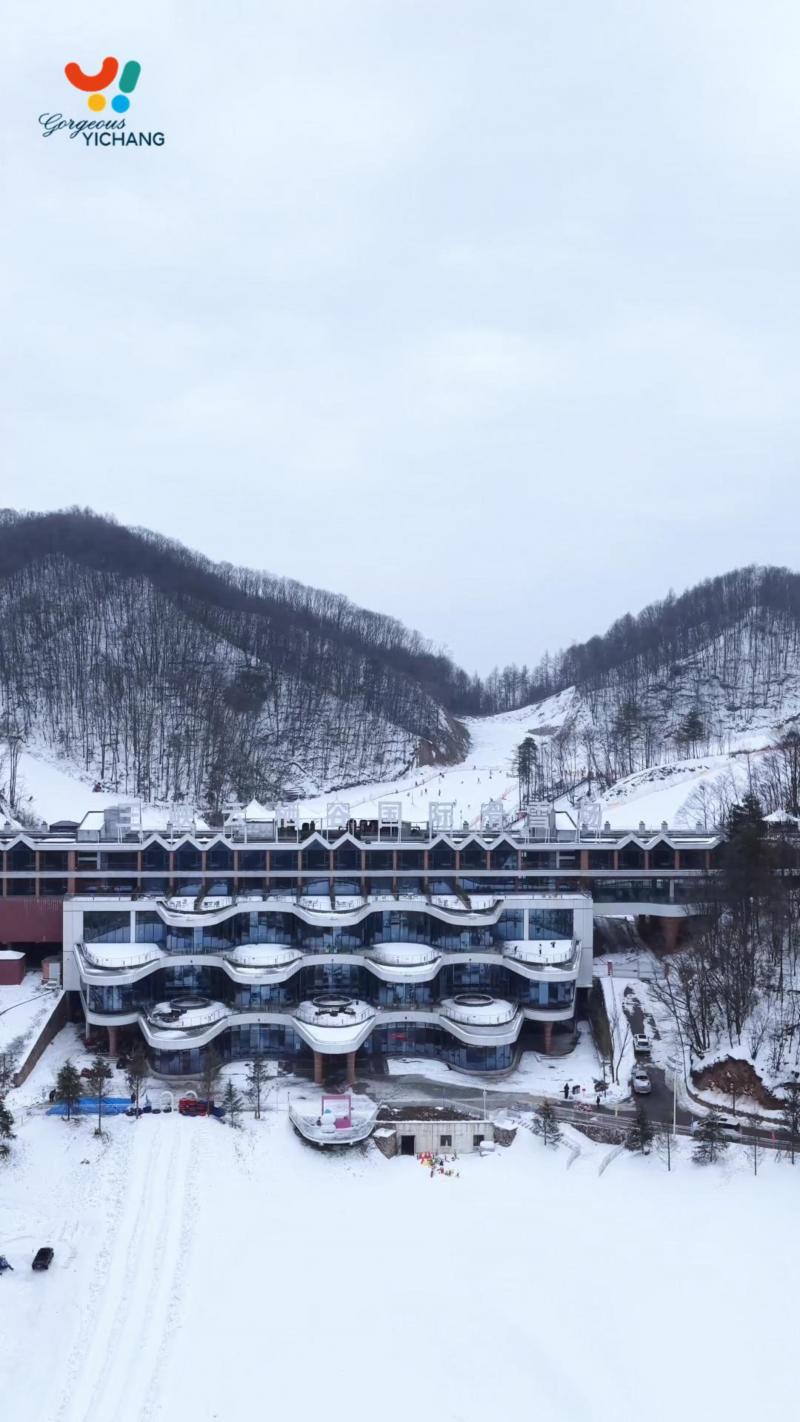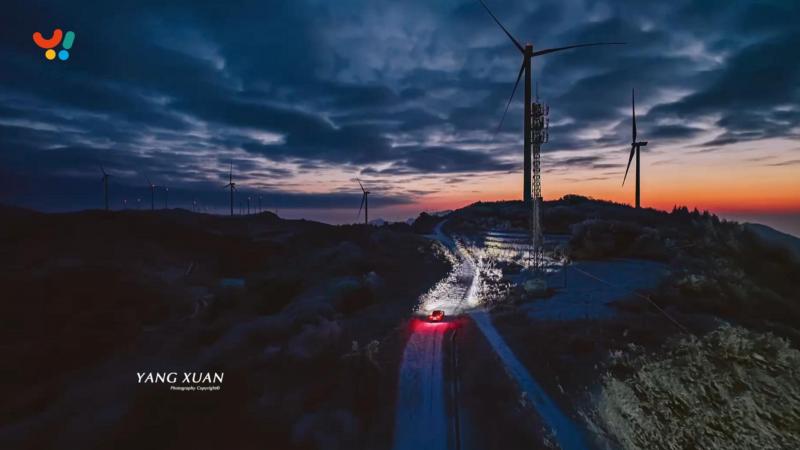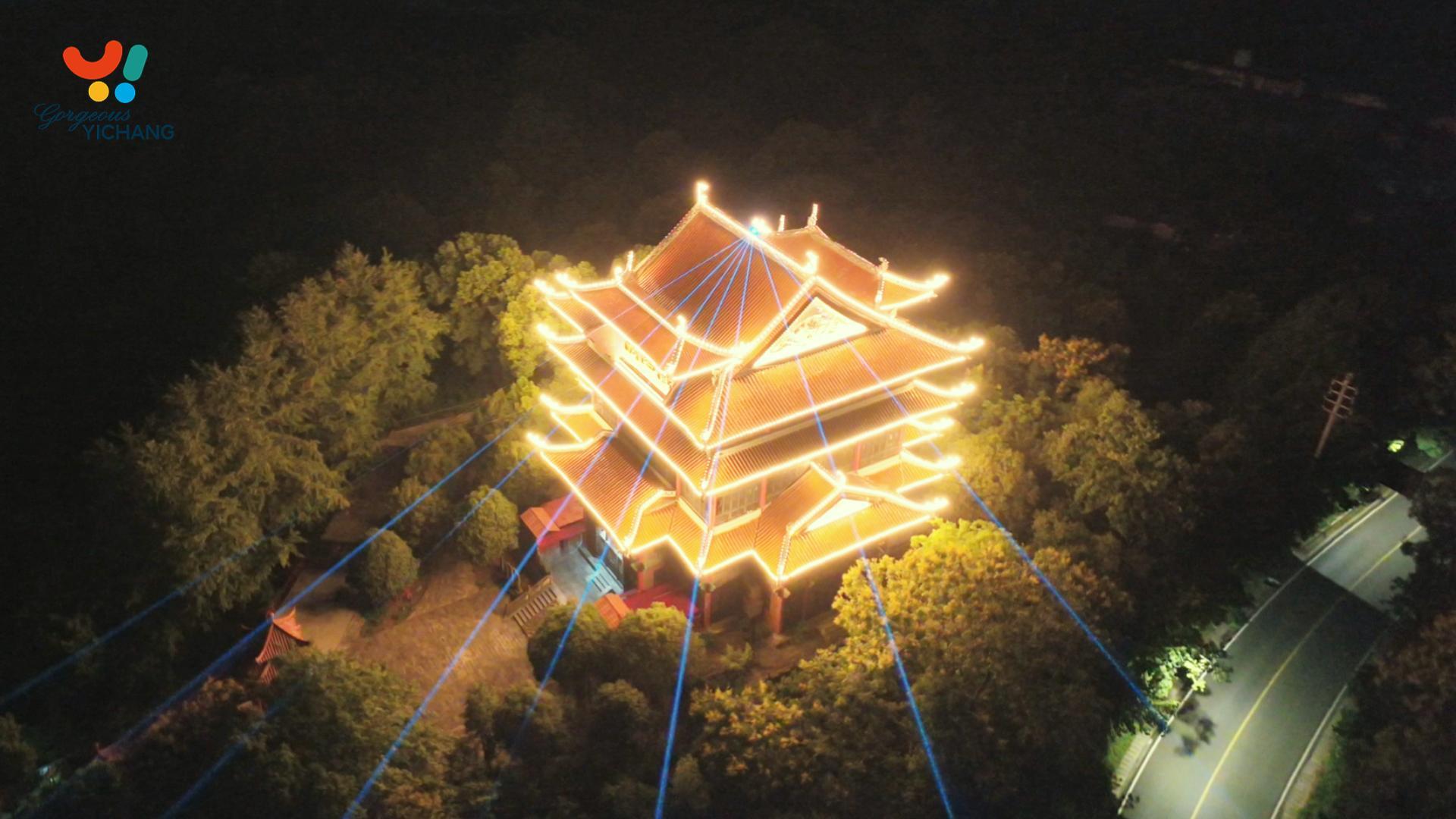Yichang shipyards to build 11 new hybrid vessels
2023-12-31 16:12:14
By Yan Wanqin, Yichang International Communication Studio
On December 29, construction began in Zigui on a total of five hybrid ships, powered partly by lithium batteries, partly by methanol fuel cells and partly by solar power.
Two of the vessels will be used to transport phosphate deposits along the Yangtze River, with the other three being passenger and cargo ro-ro vessels.
The push for green energy solutions reflects Yichang's determination to reduce carbon emissions on the waterway.
Two standard 3,000-tonne prototype vessels will be built first, each with a length of 92 meters and a width of 15 meters. The vessels will be powered by two 500-kilowatt methanol fuel generator sets and two sets of 629-kWh lithium battery systems.
Most methanol for fuel is still made from coal but China is working hard on producing “green methanol”. In Henan province, for example, the Anyang Green Low Carbon Methanol Plant produces 110,000 tons of low-carbon methanol every year.
Green methanol, produced renewably and without polluting emissions from green hydrogen, can be used as a low-carbon liquid fuel. In maritime transport, it is a promising alternative to fossil fuels.
The hybrid ship project is a joint effort between the Yichang government and China Three Gorges Corporation, whose subsidiary Three Gorges Electric Energy is involved in the construction.
Eventually eight phosphate carriers will be built for the route from Xingshan to Yidu, which passes through the Three Gorges Dam and the Gezhouba Dam. It is slated to become the first green shipping route in China.
With a maximum speed of 18 kilometers per hour, each ship can reduce carbon dioxide emissions by 4,200 tonnes over its life cycle.
Alongside the phosphate carriers, construction will soon begin on three passenger and cargo ro-ro vessels, which will be the first new energy ro-ro cargo vessels in the Yangtze River basin.
The ships will be 129.8 meters long and 30 meters wide. Each will be equipped with three 1,000-kilowatt methanol-propelled dual-fuel generator sets, a 1,258-kWh lithium battery system and a 1,074-square-meter photovoltaic system.
They will sail the Yangtze River from Yichang to Chongqing, with a maximum speed of 22 kilometers per hour and a minimum sailing time of 100 hours.
The first phosphate carrier and the first passenger and cargo ro-ro vessel are both expected to launch at the end of 2024.
On December 29, construction began in Zigui on a total of five hybrid ships, powered partly by lithium batteries, partly by methanol fuel cells and partly by solar power.
Two of the vessels will be used to transport phosphate deposits along the Yangtze River, with the other three being passenger and cargo ro-ro vessels.
The push for green energy solutions reflects Yichang's determination to reduce carbon emissions on the waterway.
Two standard 3,000-tonne prototype vessels will be built first, each with a length of 92 meters and a width of 15 meters. The vessels will be powered by two 500-kilowatt methanol fuel generator sets and two sets of 629-kWh lithium battery systems.
Most methanol for fuel is still made from coal but China is working hard on producing “green methanol”. In Henan province, for example, the Anyang Green Low Carbon Methanol Plant produces 110,000 tons of low-carbon methanol every year.
Green methanol, produced renewably and without polluting emissions from green hydrogen, can be used as a low-carbon liquid fuel. In maritime transport, it is a promising alternative to fossil fuels.
The hybrid ship project is a joint effort between the Yichang government and China Three Gorges Corporation, whose subsidiary Three Gorges Electric Energy is involved in the construction.
Eventually eight phosphate carriers will be built for the route from Xingshan to Yidu, which passes through the Three Gorges Dam and the Gezhouba Dam. It is slated to become the first green shipping route in China.
With a maximum speed of 18 kilometers per hour, each ship can reduce carbon dioxide emissions by 4,200 tonnes over its life cycle.
Alongside the phosphate carriers, construction will soon begin on three passenger and cargo ro-ro vessels, which will be the first new energy ro-ro cargo vessels in the Yangtze River basin.
The ships will be 129.8 meters long and 30 meters wide. Each will be equipped with three 1,000-kilowatt methanol-propelled dual-fuel generator sets, a 1,258-kWh lithium battery system and a 1,074-square-meter photovoltaic system.
They will sail the Yangtze River from Yichang to Chongqing, with a maximum speed of 22 kilometers per hour and a minimum sailing time of 100 hours.
The first phosphate carrier and the first passenger and cargo ro-ro vessel are both expected to launch at the end of 2024.






